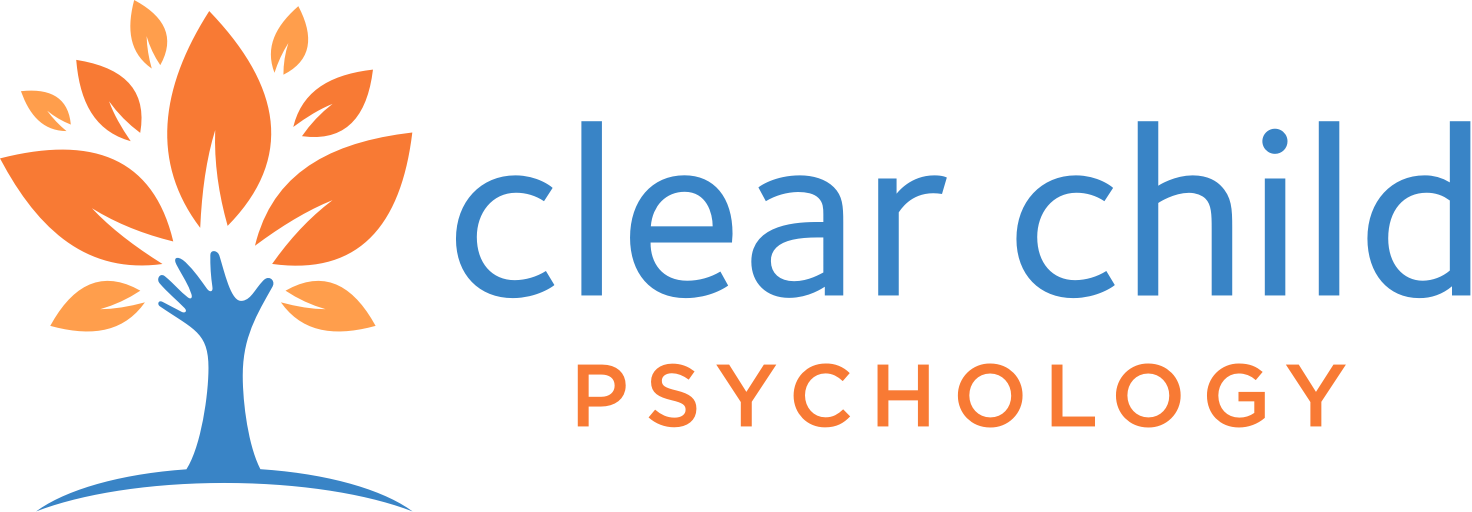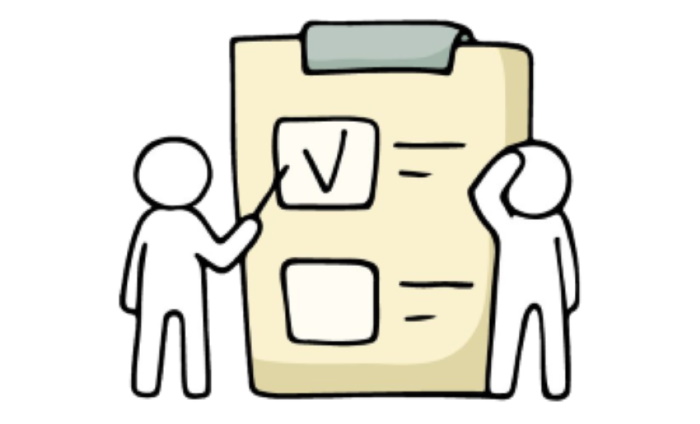Family can be complicated!
We think whether to share evaluation results with extended family is a very individualized decision.
Consider how often they see your child…
First, consider how involved your family is in your child’s life. If your son or daughter has grandparents who do weekend sleepovers, pick-up from daycare, or weekly dinner, it may be very helpful to share your child’s profile and treatment plan.
Like every other member of your child’s team, we want extended family to understand your child’s challenges and celebrate strengths. Family members may show more patience and understanding, and they may be willing to do as you ask if they see what you are working on. You could preface the conversation with the fact that you are looking not for advice but for support in helping your child grow. Emotional support can be nice too, if you have family who are able to provide that.
If family members live far away and perhaps have only 1 short visit per year, if the family judges your choices, dismisses your parenting or feels that diagnoses are “just excuses” remember that you are not obligated to share any of your child’s personal information. Do what you need to do and what is most comfortable for your immediate family, including your child.
Consider what your family knows a lot about…
Another thing to consider are family members who have experience in the field. Perhaps your sister-in-law is a teacher, speech pathologist, psychologist or medical doctor.
Family opinions can be helpful but should not come unsolicited. Remember that your family member plays a unique role in your life that complicates a clinical relationship. It can be hard to see signs and symptoms in your own child or other family member if you are a professional in this field.
We must be careful not to play dual roles. In fact, professionals are not permitted to treat family and friends. Use family as a sounding board if you feel good about it. These people can be great resources and provide answers to your questions and guidance to professionals who can help.
We’re here to help!
We hope this is useful. We understand that family relationships are complex and wanted to draw attention to the pros and cons of involving your extended family in your child’s treatment.
Contact us if you’d like to learn more!




